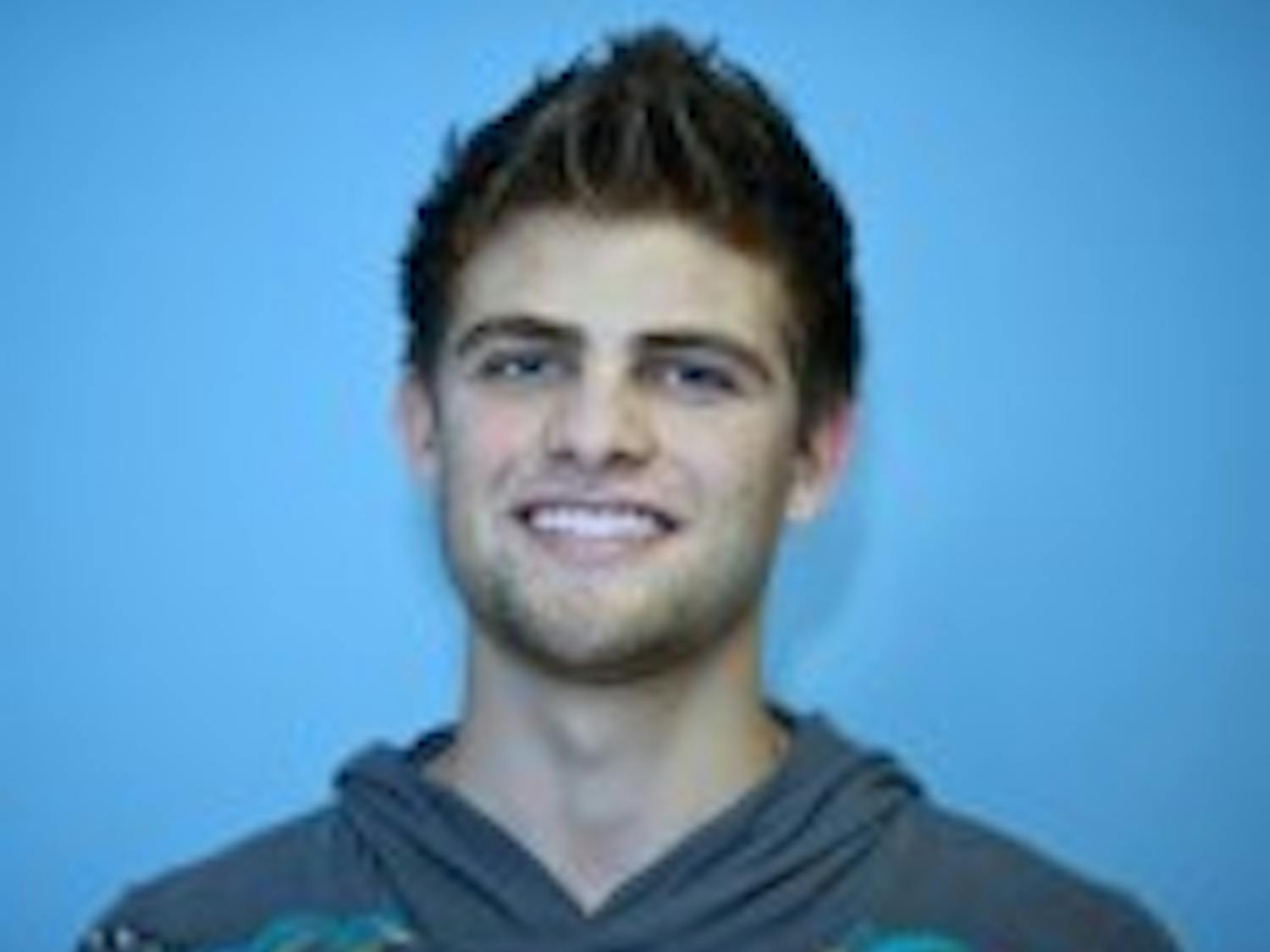UB2020 becomes UB2080
Apr. 1, 2010When college budgets are slashed, boy, do states know how to slash. In light of the most recent budget cuts from the SUNY system, UB officials are in scramble mode. Due to a strain in funding, the university officials will be delaying UB's expansion till the funding comes through, which, by their estimates, could be as early as 2050, and construction could be completed by 2080. The main focus of the UB 2080 plan would be to expand all three campuses and build a medical campus in downtown Buffalo, while at the same time expanding the student and teacher population on campus. The plan requires upwards of $5 billion in funding. Unfortunately, the global economic downturn and continuous cuts from the New York State government have made the procurement of funds that much harder. The delay will cause the expansion of new libraries and new dorms to be put on hold. Students will have to incur higher costs. But again, remember, these funds will make student life better for all. Now of course, the downside to all the expansion and the delays is that the project has already been set into motion. Construction that was begun on UB's North Campus near Bell Hall has led to greater traffic in the area. Another problem with the delay is that UB needs this change now, not in two decades. The libraries are inadequately equipped to benefit the student population – not to mention the rather dull design of campus. UB's facelift will launch the university as a premier research institution. The plan calls for North Campus to be the "intellectual core" of the university. The biggest additions will be a new strip along Lee Road filled with restaurants, off-campus apartments and retail stores. South Campus will be restructured within the guidelines of four disciplines — law, education, social work and architecture and planning. A series of strategically placed demolitions will allow the campus to be reshaped and more efficiently used. The campus population will rise above the 8,000 mark between faculty, staff and students. Although the actual expansion of South Campus will be smaller than those of the other campuses, it will receive no less attention. Its implementation will be done in phases to avoid hindering campus activities. Although the plan is still in its early stages, one thing remains clear: university officials must fight for every dollar and the execution of the plan. In fact, members of the administration should lobby the state legislature for the money immediately. If not, UB could fall dangerously behind other institutions that have better absorbed the economic downturn. The University at Buffalo can ill afford any delay to this plan. Pushing UB 2020 back to 2080 would be a dangerous thing; in fact, it could seriously damage the university. After all, the plan not only revitalizes the university, but could provide the jolt the greater Western New York area could use to revitalize itself as well. And everyone can agree – that is priceless.












